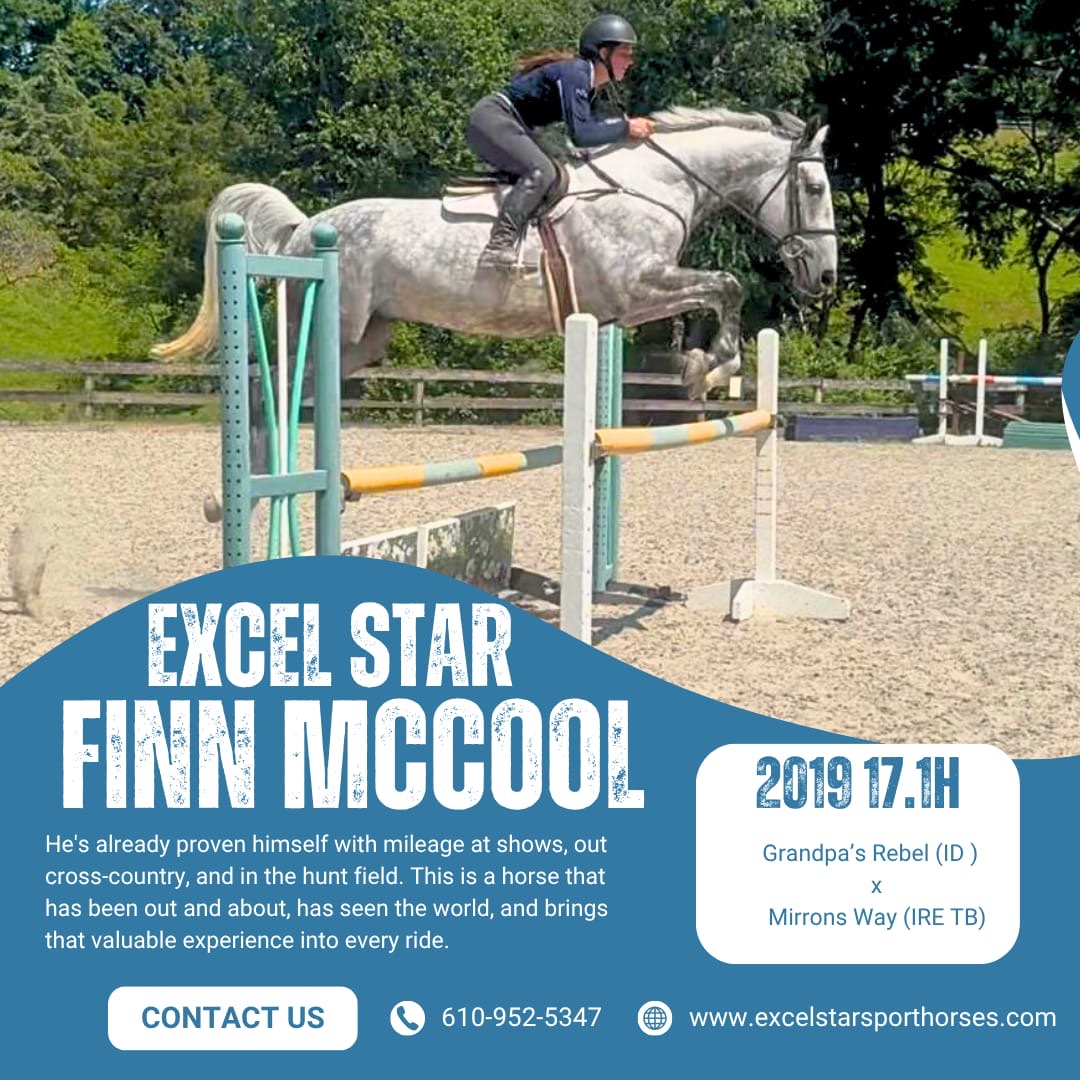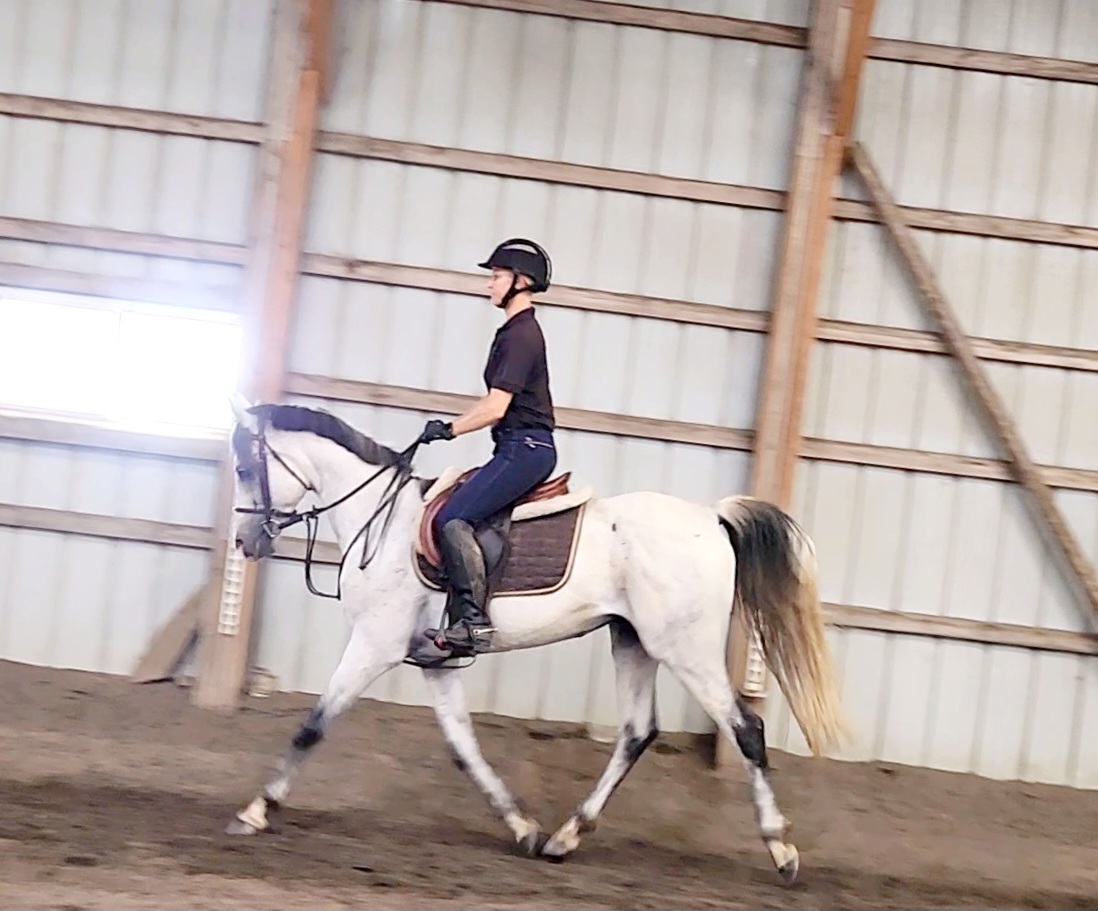
Tim Bourke and Monbeg Libertine. Photo by Shannon Brinkman Photography.
EN Readers have been busy! Our friends at STRIDER tallied up the most popular “What’s Happening” Horse Shows & educational outings for August 2024, and it’s an impressive list. From competing at Horse Trials to learning from Olympic medalists, here are the most popular activities in our EN community.
🔹 Looking to get your event into StriderPro’s Top 10 and make a lasting impression? Eventing Nation has a proven track record of helping event organizers like you achieve incredible results. Events that have partnered with us have seen their social media reach soar by over 200%—all while offloading their content and promotional needs to us.
Learn more about our Eventing Nation media packages here.
🔹A special shout-out to the organizers, riders, and volunteers who make “What’s Happening” events possible. Each one got more rider views and filled up faster than you can say “3-2-1…Have a Great Ride!”
“What’s Happening” – The Top 10 Horse Shows On StriderPro
🔹August 2024🔹

#1. Golden’s Bridge Hounds North Country Pace August 27th, 2024 at Meri-Mac Farm (NY)
#2. Windchase XC Derby August 24th, 2024 at Windchase Farm (VA)
#3. VHSA Hunter Jumper Show at Beverly II – Summer Premiere Series August 24th, 2024 at Beverly Equestrian (VA)
#4. Dunmovin Dressage Days I August 22nd, 2024 at Devon Show Grounds and Country Fair (PA)
#5. Azrael Acres Horse Trials August 24th, 2024 at Azrael Acres (MA)
#6. Grand Farms End of Summer XC Derby August 24th, 2024 at Grand Farms (WA)
#7. MDA Schooling Show-August-Harford County Equestrian Center August 27th, 2024 at Harford County Equestrian Center (MD)
#8. Oak Spring Equestrian Working Equitation Schooling Show September 21st, 2024 at Oak Spring Equestrian, LLC (MD)
#9. Turner Farm Summer Horse Trials, CT, and Dressage Show August 25th, 2024 at Turner Farm Park (VA)
#10. Rolling Hills Ranch Combined Test & Dressage Show August 17th, 2024 at Rolling Hills Ranch (MD)
“What’s Happening” The Top 10 Educational Events on Strider
🔹August🔹

#1. Daniel Stewart Clinic – Riding Clinic, Sports Psychology Seminar, Rider Fitness Workshop & Bootcamp! August 25-26th, 2024 at Buffalo Run Equestrian Center (PA)
#2. LandSafe Clinic- Split Elm Equestrian Center August 31-September 1, 2024 Split Elm Equestrian Center (NJ)
#3. Clinic with 4* Eventer Alex Conrad- Saturday September 7th, 2024 at Wyndham Oaks (MD)
#4. Positive Reinforcement Training Lecture with Dr. Anna Boger September 12th, 2024 at Beaux Reves Equestrian (PA)
#5. Clinic with Michael Alway August 10th, 2024 at Wyndham Oaks (MD)
#6. 2024 Waredaca Expert Show Jump Day July 13-14th, 2024 at Mane Gait Equestrian Center (VA)
#7. Tim Bourke Clinic at Covered Bridge Farm August 13th, 2024 at Waredaca (MD)
#8. Introduction Working Equitation Clinic September 14th, 2024 at OH Stables (OH)
#9. Classic 3-Day Endurance Day Prep Clinic September 22nd, 2024 at Pleasant Prospect Farm (MD)
#10. Lillian Heard at Copeland Farms August 24th-25th, 2024 at Copeland Farms (MN)
Want to see your activity make the Top 10 on StriderPro?




































